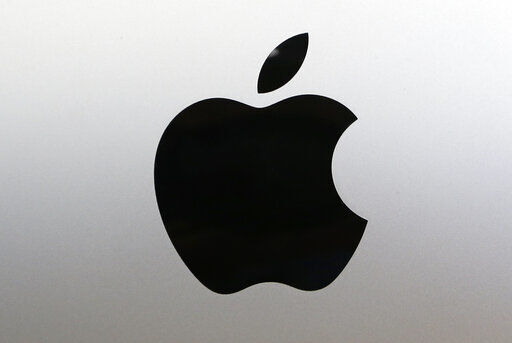LONDON — The European Commission said Friday it is appealing a court decision that Apple doesn’t have to repay 13 billion euros ($15 billion) in back taxes to Ireland.
The appeal comes after the U.S. tech giant scored a big recent legal victory in its long battle with the European Union’s executive Commission, which has been trying to rein in multinationals’ ability to strike special tax deals with individual EU countries.
The EU’s General Court ruled that the commission wrongly declared in 2016 that Apple was given illegal state aid when it struck a low tax rate agreement with Irish authorities.
The EU Commission “respectfully considers that in its judgment the General Court has made a number of errors of law. For this reason, the Commission is bringing this matter before the European Court of Justice,” the bloc’s highest court, Executive Vice President Margrethe Vestager said.
The judgment can only be appealed on points of law. Vestager said it raises important legal issues that are relevant to applying rules against unfair state aid to tax cases.
The EU Commission had ordered Apple to pay for gross underpayment of tax on profits across the European bloc from 2003 to 2014. The commission said Apple used two shell companies in Ireland to report its Europe-wide profits at effective rates well under 1%.
In many cases, multinationals can pay taxes on the bulk of their revenue across the EU’s 27 countries in the one EU country where they have regional headquarters. For Apple and many other U.S. tech companies, that’s Ireland. For small EU countries like Ireland, that helps attract international business and even a small amount of tax revenue is helpful for them. The net result, however, is that the companies often end up paying very low tax.
The Irish government said it has always been clear that Apple paid the correct amount of tax and did not get state aid. It noted the appeal could take up to two years.
Apple said the case was never about how much tax it pays but where it’s required to pay. The appeal “will not alter the factual conclusions of the General Court, which prove that we have always abided by the law in Ireland, as we do everywhere we operate,” the company said.


